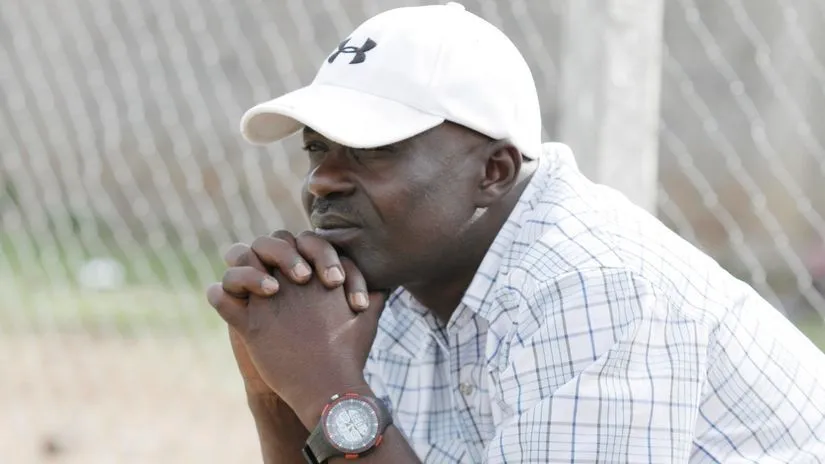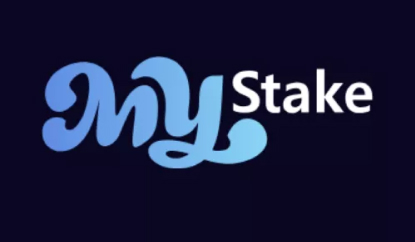Document falsification in secondary school games is not just a footnote in Kenya’s academic athletics, it is a story echoing through the corridors of competition, integrity and youth aspirations. The recent events involving Musingu Boys High School and Kakamega High School have shaken the foundation of the County Boys Soccer Championship, drawing attention to a matter that touches the very nerve of sportsmanship at school level.
The turning point for Musingu and Kakamega schools
The air was thick with expectation when the Ministry of Education, acting through County Director of Education Hellen Nyang’au, delivered its verdict on appeals raised after the County Boys Soccer Championship. Findings revealed that both Musingu and Kakamega soccer teams breached the Kenya Secondary Schools Sports Association (KSSSA) Constitution, specifically Article 14(e). This article is the guardian of authenticity in school sports, requiring players to present genuine documentation affirming their eligibility.
Both teams were judged guilty of using unauthentic paperwork during the coveted competitions, an act that echoes wider concerns about ethics and oversight in school sports. For Musingu, it meant relinquishing their hard-won County Championship, and for Kakamega, it resulted in the loss of their third-place finish, previously secured by default due to Musingu’s absence from a scheduled playoff.
The investigation and its ripple effect
This was not a story resolved at the final whistle. The outcome for Kakamega, being awarded third place, stemmed not from victory on the pitch but because Musingu did not show up for the playoff that would have decided that position. Consequently, questions arose about procedural fairness and whether the right to compete had been fully honored for all parties involved.
In a move as dramatic as any overtime goal, the County Director’s decision ordered a replay. This is not merely an administrative formality, it has become a crossroads for both institutions to reaffirm their values, set an example, and reclaim trust among their students and the broader sporting community.
Rebuilding credibility in the wake of scandal
The County Director’s letter made it clear: both schools must present eligible, bona fide students for the rematch, scheduled for Sunday, July 6, 2025 at 10 a.m. The precise venue remains undisclosed, yet this match will be played before the stern gaze of KSSSA regulations. In a rare but telling decision, no fans will be permitted, stripping the event down to its bare competitive essence and removing external pressure, so the focus remains squarely on fairness and compliance.
Both institutions will share associated match costs, a symbolic gesture reminding all involved that the price of oversight is paid not just in trophies, but in institutional reputation and educational opportunity.
| CASINO | BONUS | INFO | RATING | |
|---|---|---|---|---|
|
bonus
WELCOME BONUS UP TO 19000 KES FOR SPORTS BETTING
See 11 Bonuses
|
info
PG 0000423 A simple way to start playing |
|||
|
bonus
Welcome package: 190,000 KES + 150 FS
See 11 Bonuses
|
info
BK 0000695 PG 0000419 A wide range of bonuses |
|||
|
bonus
Daily 99 KES sports offer boosts your game!
See 3 Bonuses
|
info
BK 0000696 PG 0000392 Fast cashouts |
|||
|
bonus
170% crypto bonus up to $1000
See 11 Bonuses
|
info
Curacao OGL/2024/1798/1048 Over 6000 casino games & rewarding VIP program. |
Lessons beyond the penalty box
What are the wider lessons, then, to be drawn from this high-stakes drama?
- First, the trust placed in educators and students to uphold standards is sacrosanct,
- Second, failures in documentation and veracity not only jeopardize trophies, but also undermine the formative journey of all student athletes,
- Third, and perhaps most crucially, this episode serves as a rallying cry for transparency and rigorous enforcement at all levels of competitive youth sports.
In choosing to revisit the result with a focus on authenticity, Kakamega’s education authorities have sent a message that resonates far beyond a single championship or result sheet. The insistence on bona fide students, those whose documentation can withstand external scrutiny, highlights the need for due diligence at every step of the sporting process. When the spirit of fair competition is compromised, everyone pays a price, be it in shattered dreams, lost opportunities, or damaged reputations.
The emotional impact on students and community
Numbers and rules matter in sports, but so do the human stories beneath. For many of these young athletes, the County Boys Soccer Championship is more than just a match, it is a stage for ambition, a place to forge identity, and for some, a bridge to future athletic and academic success. The fallout from these revelations has not merely recalculated standings; it has injected disappointment, introspection, and, with luck, growth into all who participated.
For parents and supporters, the directive that no fans may attend the decisive replay is bittersweet. On one hand, the absence of a cheering crowd may reduce distraction and external pressure. On the other, it robs communities of the joy and unity that come from celebrating youth achievement together. Yet, it underscores the seriousness of the moment, trust must be rebuilt before collective celebration can resume.
Redefining competition for the next generation
This incident is a clarion call for educators, coaches, and students to champion not only athletic ability but also moral courage. Victory must be defined not merely by goals scored, but by the integrity underpinning every pass and every decision. By insisting on procedural fairness and eligibility, the County’s education authorities have shown that development is as important as results, and that what students learn in times of controversy may stay with them far longer than the memory of a modest win or loss.
As Musingu and Kakamega teams prepare for their replay, the spotlight will remain firmly on eligibility, discipline, and character. The field on Sunday, July 6, may lack spectators, but it will be rich with meaning, a microcosm of what sporting contests are truly meant to teach us.
Conclusion
In the aftermath of the document falsification in secondary school games, the lesson could not be clearer. The agony and redemption that define the world’s greatest sports dramas are found just as surely in secondary school championships, where the temptations of easy victory run headlong into the need for honest effort. By holding all parties accountable and giving both teams a second chance under stricter scrutiny, Kakamega’s education leadership has paved the way for not just a fair outcome, but one that could influence a generation. And for everyone watching, the real scoreboard will be measured in trust, growth, and the enduring power of fair play.










